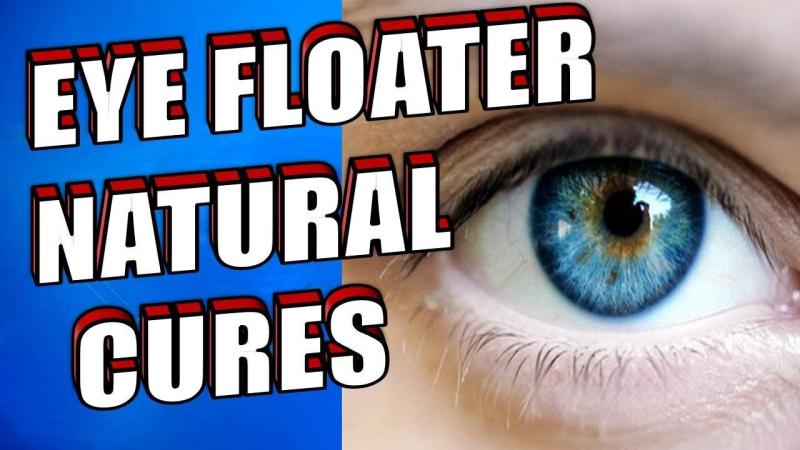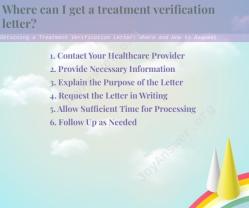How can you minimize Seeing Eye floaters?
Eye floaters are typically caused by changes in the vitreous gel of the eye, leading to tiny specks or cobweb-like shapes drifting across your vision. While they're often harmless, certain practices may help minimize their impact or reduce their visibility:
1. Regular Eye Exams:
- Schedule regular eye exams with an ophthalmologist or optometrist to monitor any changes in your eyes and ensure overall eye health.
2. Healthy Lifestyle Habits:
- Hydration: Drink plenty of water to maintain overall eye health and keep the body hydrated.
- Balanced Diet: Consume foods rich in antioxidants and vitamins, which can support eye health.
3. Protecting Your Eyes:
- Sunglasses: Wear sunglasses that block UV rays to protect your eyes from harmful sun exposure.
- Eye Protection: Use protective eyewear during activities that may cause eye injury.
4. Manage Underlying Health Conditions:
- Conditions like diabetes or high blood pressure can affect eye health. Manage these conditions to reduce the risk of worsening floaters.
5. Adjusting Your Environment:
- Avoid Eye Strain: Take regular breaks from screens, use proper lighting, and practice the 20-20-20 rule (every 20 minutes, look at something 20 feet away for 20 seconds).
- Reduce Bright Lights: Excessive exposure to bright lights might make floaters more noticeable. Consider reducing brightness when feasible.
6. Mindful Observation:
- Ignore When Possible: Train yourself to ignore floaters. Often, the brain adapts, and floaters become less bothersome over time.
- Eye Movement: Moving your eyes gently from side to side or up and down may help move floaters out of your line of sight temporarily.
7. Medical Intervention:
- Vitrectomy: In severe cases where floaters significantly impair vision, surgery called vitrectomy might be an option. However, this procedure carries risks and isn't typically recommended unless the floaters significantly affect daily life.
Important Note:
- If you suddenly notice an increase in floaters, experience flashes of light, or have a sudden loss of peripheral vision, seek immediate medical attention. These could be signs of a retinal tear or detachment, which requires prompt evaluation by an eye care professional.
While these strategies might help manage or reduce the impact of floaters, it's crucial to consult with an eye care professional for personalized advice and appropriate management based on your specific eye health and condition.
Eye floaters, also known as myodesopsia or muscae volitantes, are small, dark particles that float in the vitreous humor, the clear gel-like substance that fills the space between the lens and the retina at the back of the eye. They are often perceived as cobwebs, specks, or strings drifting across the field of vision. While eye floaters are usually harmless and disappear on their own, there are a few things you can do to reduce their visibility:
1. Rest and hydration: Adequate sleep and hydration can help improve overall eye health and may reduce the appearance of eye floaters. When you're well-rested and hydrated, your vitreous humor is less likely to become thickened or clumped, which can contribute to the visibility of floaters.
2. Eye exercises: Some eye exercises, such as saccadic eye movements (rapidly moving your eyes back and forth) or tracking a moving object, may help to dislodge or break up eye floaters. However, it's important to consult with an eye doctor before starting any new eye exercises, especially if you have any underlying eye conditions.
3. Avoid straining your eyes: Staring at screens for prolonged periods or engaging in activities that strain your eyes, such as reading in dim light, can increase the appearance of eye floaters. Take regular breaks from screen time and ensure proper lighting for reading or other visual tasks.
4. Wear sunglasses: Exposure to ultraviolet (UV) radiation from the sun can damage the vitreous humor and increase the likelihood of eye floaters. Wearing sunglasses that block UV rays can help protect your eyes and potentially reduce the formation of new floaters.
5. Maintain a healthy diet: A balanced diet rich in fruits, vegetables, and whole grains provides essential nutrients that support overall eye health and may help prevent eye floaters.
6. Manage stress: Stress can worsen eye floaters by causing the muscles in the eyes to contract, making the floaters more noticeable. Practicing stress-management techniques, such as yoga, meditation, or deep breathing exercises, can help reduce stress and potentially alleviate the visibility of floaters.
7. Consider laser therapy: In severe cases where eye floaters significantly interfere with vision, laser therapy may be an option. Laser therapy involves using a laser to break up or vaporize the floaters, making them less visible or eliminating them altogether.
Remember, eye floaters are usually harmless and often resolve on their own. However, if you notice a sudden increase in the number or size of your eye floaters, accompanied by flashes of light or vision loss, consult an eye doctor immediately. These could be signs of a more serious eye condition, such as a retinal tear or detachment.













